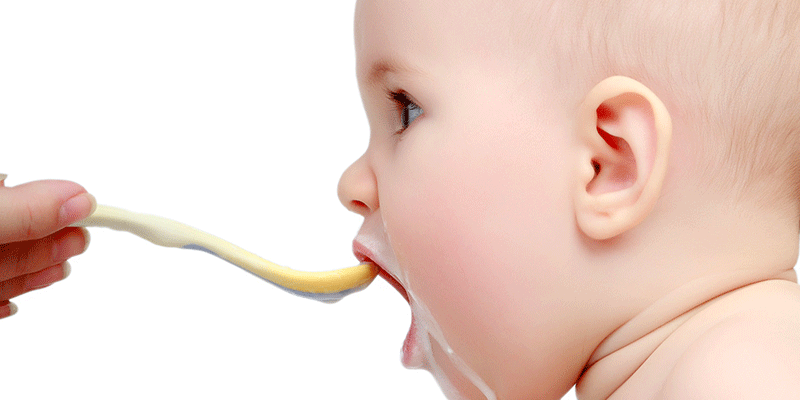
Here are some tips for writing your own breastfeeding success story:
- If all goes well with the birth of your baby and you’re both doing well after delivery, start breastfeeding as soon as possible—right there in the hospital. This is a great time to start because you have professional help immediately on hand to get you started in the right direction.
- Ask for help.Starting with the staff at the hospital, there is a wealth of breastfeeding resources available to you and your baby, including the La Leche League and Internet discussion groups, message boards, and chat rooms. See Finding a Breastfeeding Friendly Doctor.
- Focus on getting the process of “latching“(how your baby attaches to your breast) down pat. First, make yourself comfortable; use pillows for support and put anything you might need during breastfeeding within easy reach. Then get your baby interested in breast milk by rubbing a few drops around your nipple. If baby doesn’t respond, try stroking around his mouth to stimulate what’s known as the “rooting reflex.”If he still doesn’t open wide enough, gently press down on the chin.
- Don‘t settle for “almost on:”Improper latching on can quickly result in sore breasts and a frustrated (and still hungry) baby. Keep repositioning until baby’s tongue is under the nipple, so he can draw the nipple and the darker-colored area around the nipple (called the areola) into his mouth. This will make breastfeeding success more likely for you both.
Formula (for) One?
So if breastfeeding is so clearly beneficial, is formula even acceptable for feeding your newborn? The answer is yes. In fact, most parents will use formula at some point during their child’s first year. And while formula can’t exactly match the nutritional makeup of breast milk and doesn’t contain the added benefit of infection-fighting antibodies, it nevertheless serves a very valuable purpose for those who are not able or choose not to breastfeed.
There are three basic types of formula—those based on cow milk, those based on soy, and those that are “specialized,” “hypoallergenic,” or “elemental” (which means the formula’s components are broken down for easier digestion). Most babies do fine with the first two types, and that’s a good thing; elemental formula is more expensive, sometimes costing twice as much as the first two types.
Last Updated 11/2/2009
Source Adapted from Healthy Children Magazine, Fall 2006
The information contained on this Web site should not be used as a substitute for the medical care and advice of your pediatrician. There may be variations in treatment that your pediatrician may recommend based on individual facts and circumstances.






